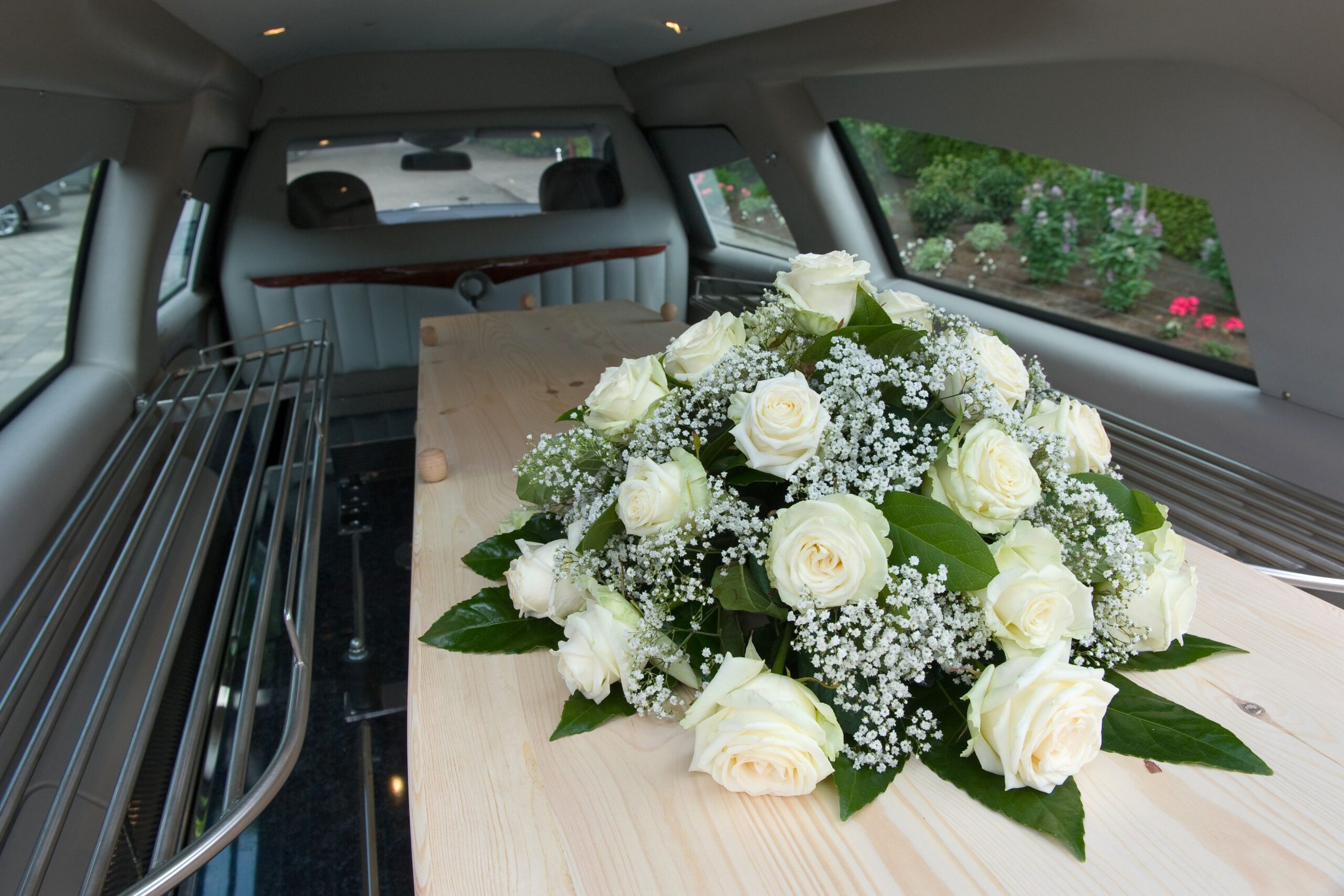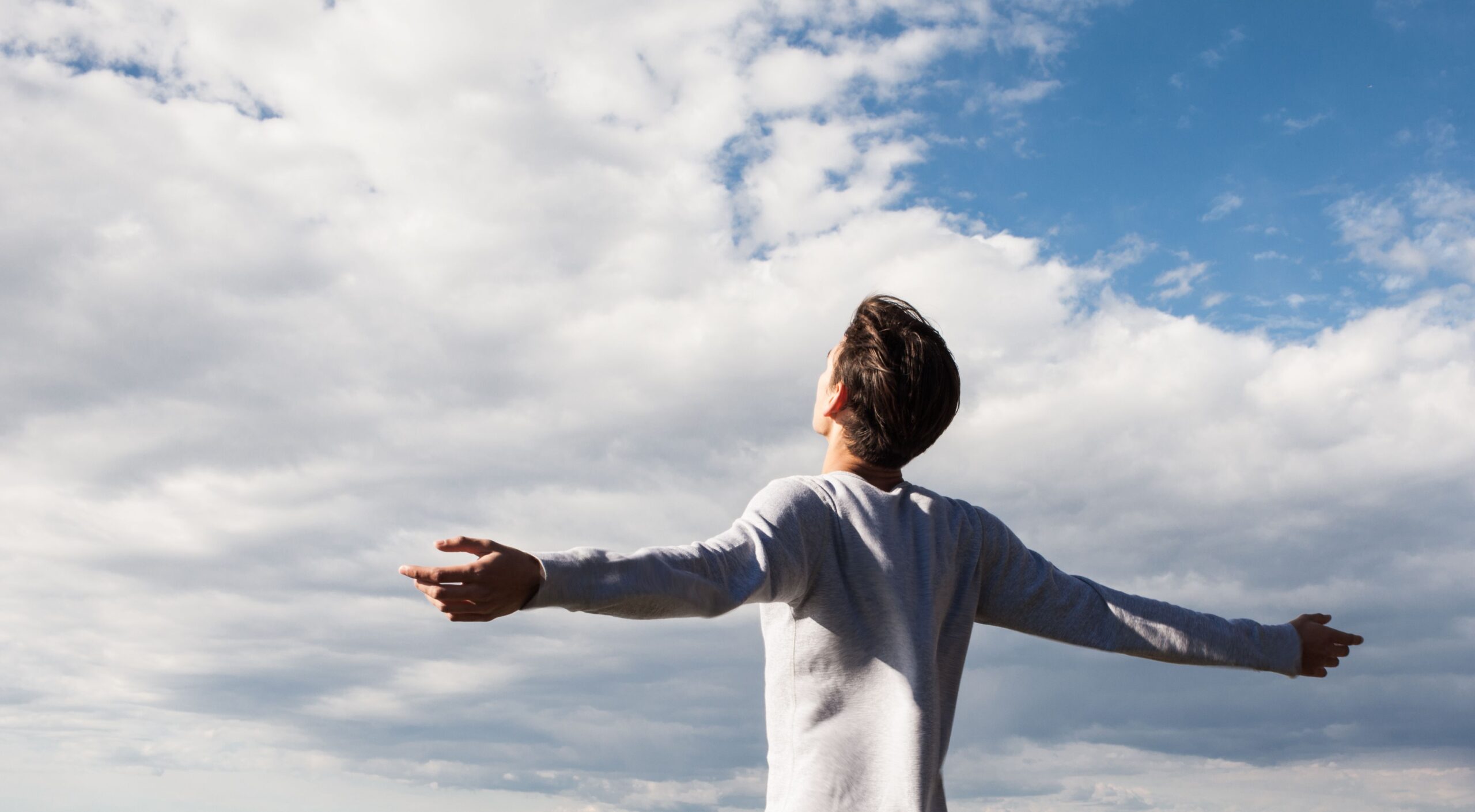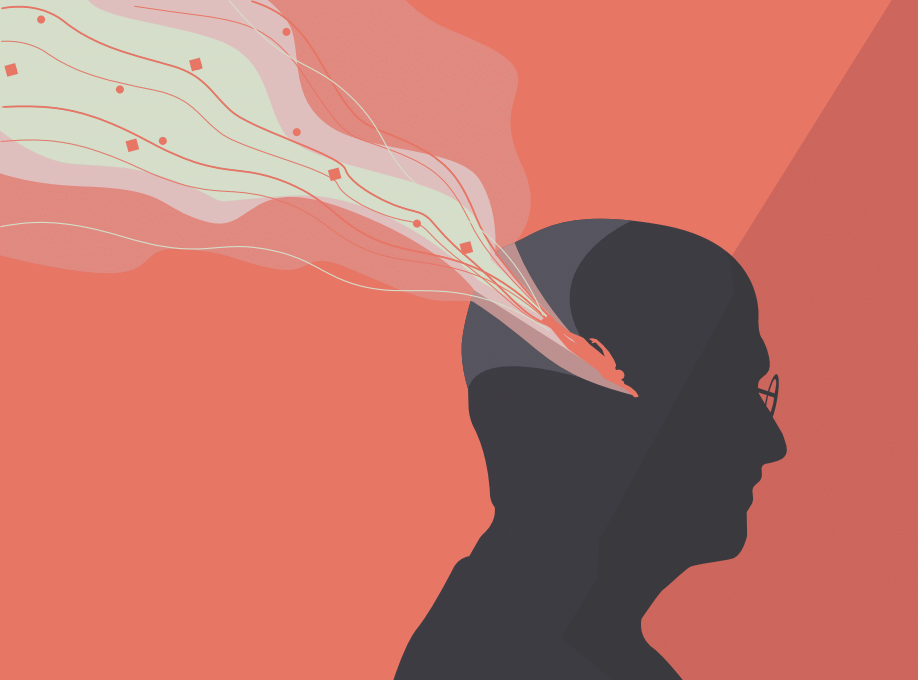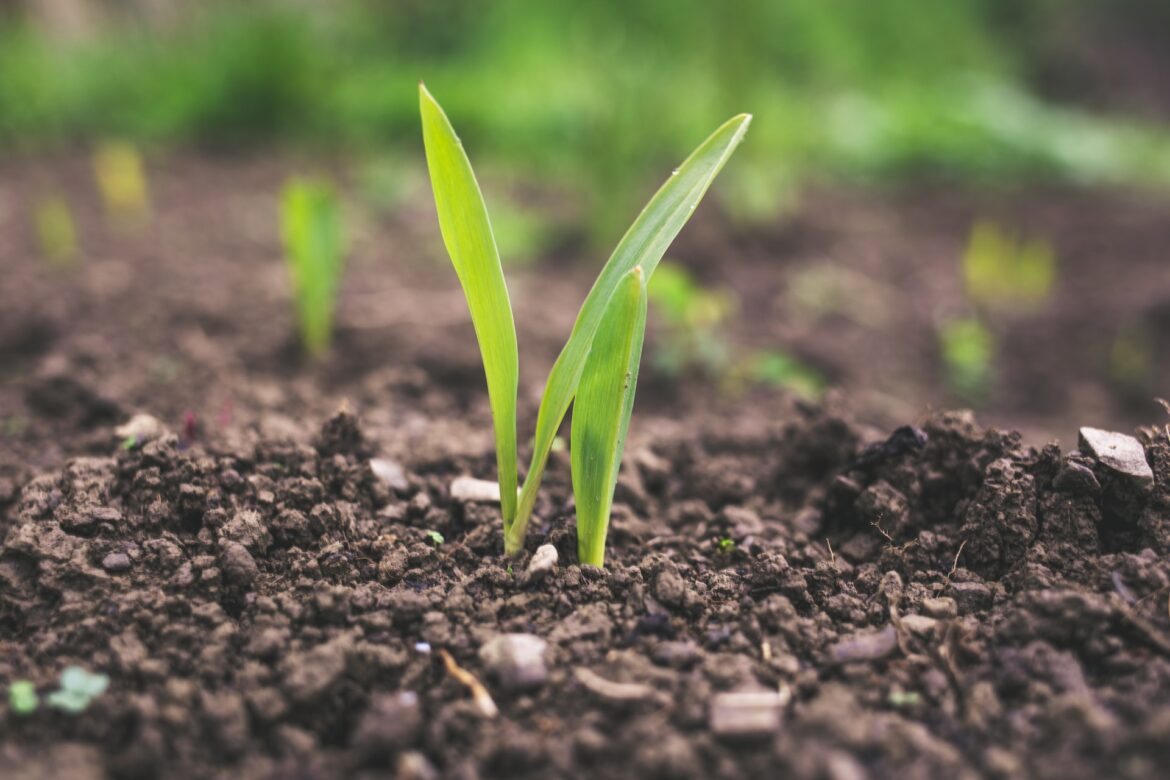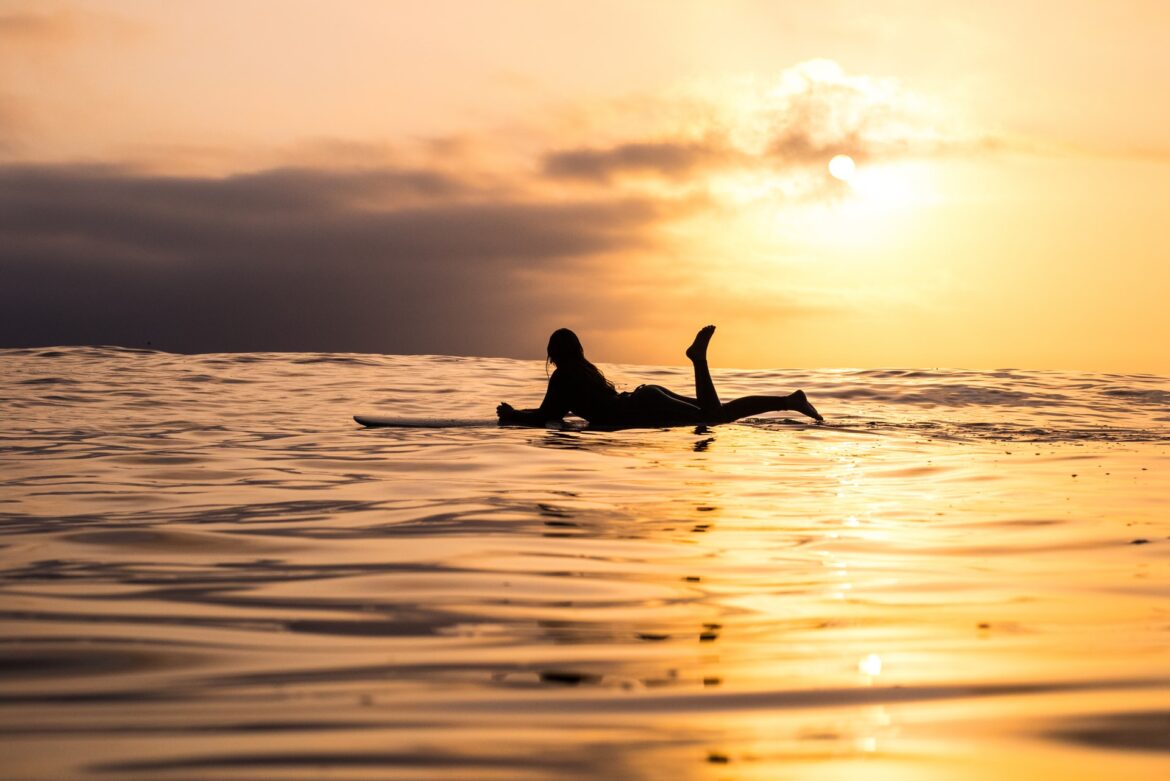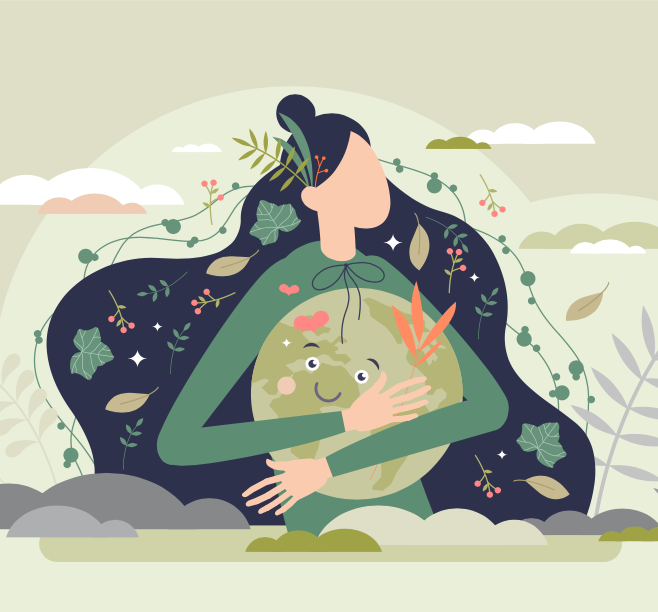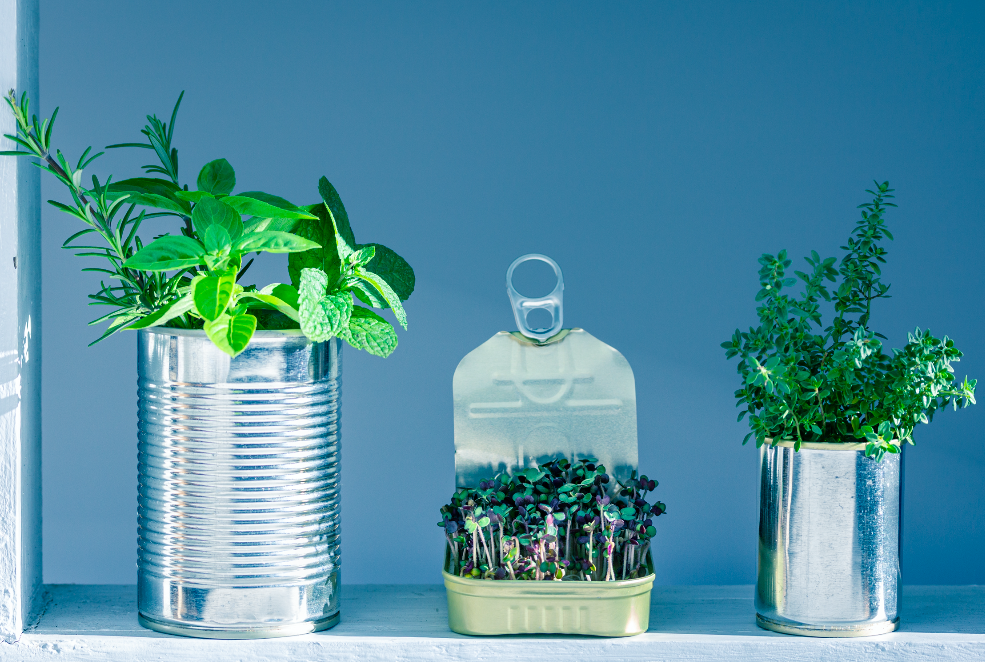In the Short and Sweet section of the magazine, we often feature companies who inspire us … and our recently-released Spring 2023 issue was no exception. We loved speaking with Dolores Prendeville, who provides affordable eco-friendly coffins to ease the process of dealing with death, turning it into more of a celebration of life!
Tag:
Sustainability
Our spring issue is out now. Regular contributor and community catalyst Davie Philip explains why in order to experience true freedom beyond the ego, one must consider the freedom of all living beings, including the planet. Dive on in to find out more…
Newer Posts

